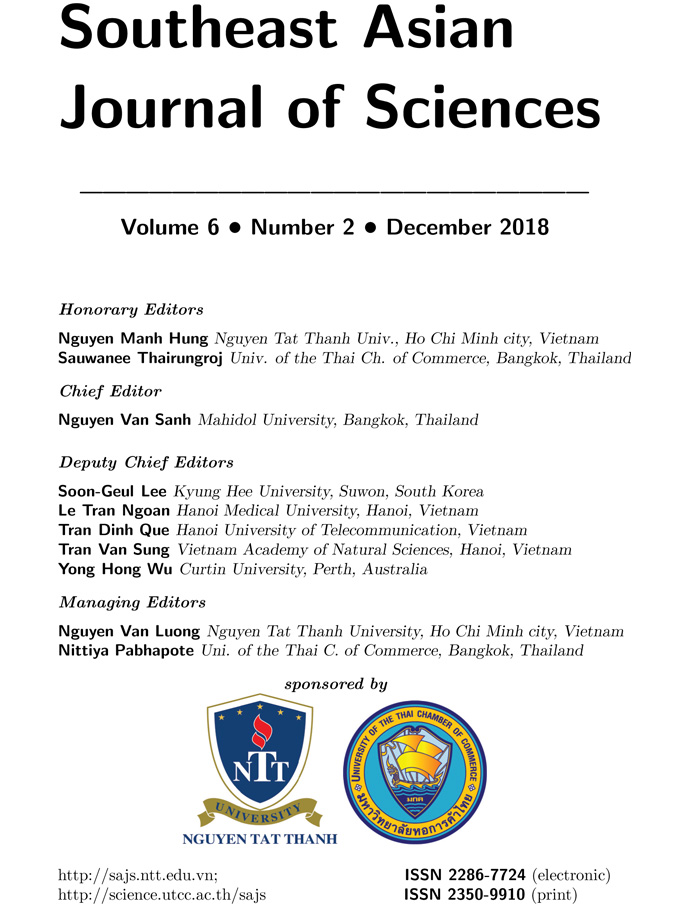THE IMPACT OF SOCIAL SUPPORT ON THE ASSOCIATION BETWEEN DEPRESSIVE SYMPTOMS AND CHANGE IN FRAILTY STATUS: A LONGITUDINAL COHORT STUDY
Abstract
Frailty is a medical syndrome characterized by increased vulnerability to minor stressors that could be prevented. People who are depressed frequently experience worsened transition frailty status. Social support is an important concept closely related to frailty and depressive symptoms, and it may play a crucial role in preventing frailty in depressed older adults. This research aimed to investigate the association between depressive symptoms and change in frailty status over four years of followup and examine whether social support plays a moderator in the association between depressive symptoms and change in frailty status. We used data from the 20072011 waves of the Taiwan Longitudinal Study on Aging (TSLA), a longitudinal cohort study of adults over 65 (n = 1,283). Frailty was assessed using the Fried frailty phenotype. An 8-item version of the Center for Epidemiologic Studies Depression Scale (CES-D) was used to measure depressive symptoms. The social support scale consisted of receiving (five items) and providing (five items) social support. Multiple multinomial logistic regression analysis was performed to identify the effect of social support on the association between depressive symptoms and change in frailty status within a period of four years. Most participants worsened (33.0%) and maintained (40.1%) their frailty status, while only 11.6% improved within four years for the whole sample. The mean depressive symptoms and overall social support scores were 3.24 (± 4.41) and 6.55 (± 1.28), respectively. In the analysis of non-frail participants, older adults with more depressive symptoms had a higher risk of frailty worsening (RRR = 1.066) and a higher ratio of frailty improvement (RRR = 1.145) than stable frailty after controlling for individual covariates, chronic diseases, and social support components. This difference turned out to be non-significant for frail individuals at baseline. There was no potential moderating role of receiving and providing social support on the pathway from depressive symptoms and change in frailty status between both samples. Preventing depressive symptoms in the elderly may help keep the frailty stable over time. Social supportreceiving and givinghad no apparent moderating impact on the relationship between depressive symptoms and changes in frailty status. Identifying the moderators of the link between depressive symptoms and worsening in frailty status may help guide future research on strategies to avoid the onset of the condition in older adults with depressive symptoms.

